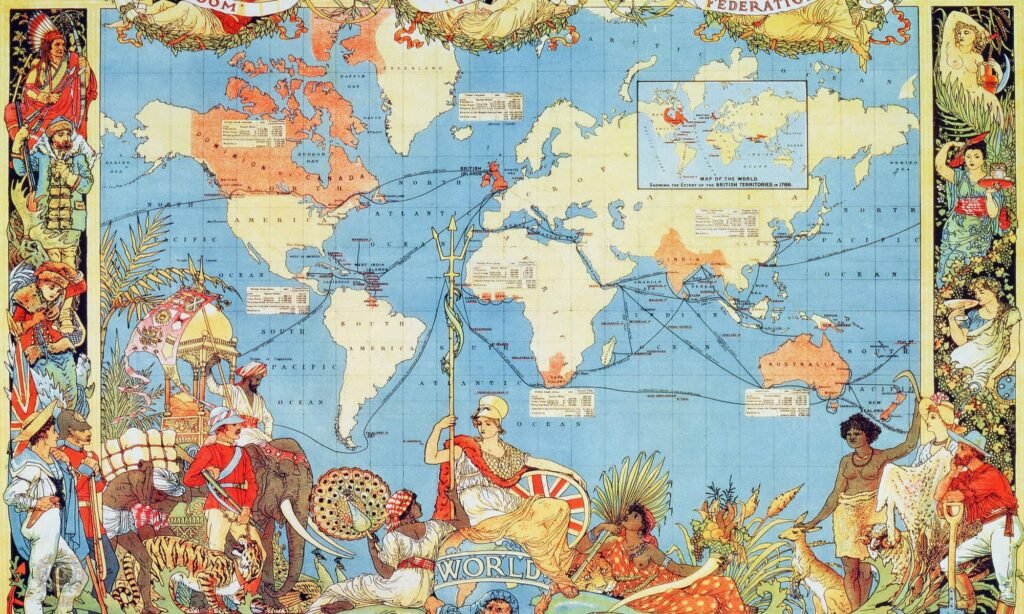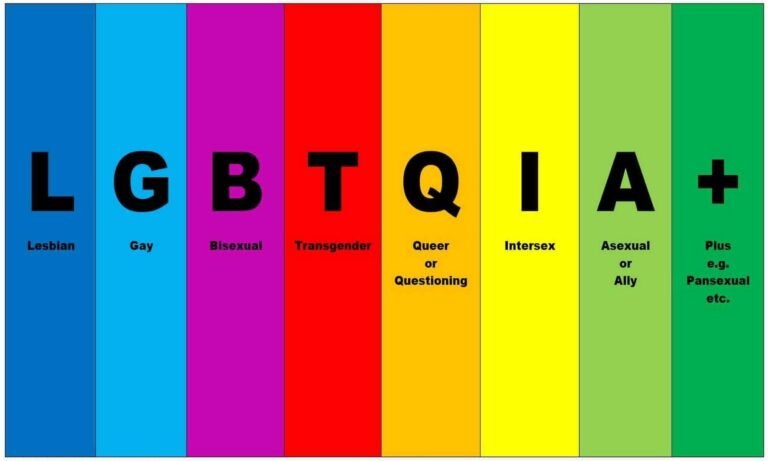Slavery is the ownership of a person as property, especially in regards to their labour. Slavery typically involves compulsory work, with the slave’s location of work and residence dictated by the party that holds them in bondage.
Slavery is one of the oldest institutions known to humanity, tracing its origins back to ancient civilizations such as those in Mesopotamia, Egypt, and Greece. From these early societies, concepts surrounding exploitation began to take root, with people often enslaved as a result of war, debt, or punishment for crimes. This primitive form of slavery was frequent and socially accepted, largely influencing the economic and social structures of these societies.
As civilizations evolved, so did the systems of slavery. In Rome, for instance, slavery played a vital role in the economy, with enslaved individuals performing both manual and intellectual labor. The experience of slaves varied significantly, with some rising to influential positions while others endured harsh conditions. Similar patterns were observed in other parts of the world, such as China and the Americas, where slavery became integral to agricultural production and economic growth.
A critical turning point in the history of slavery occurred during the transatlantic slave trade, which lasted from the 16th to the 19th centuries. Millions of African individuals were forcibly taken from their homelands and subjected to brutal exploitation in the Americas. This period saw a drastic increase in the commodification of human lives, driven by the insatiable demand for labor in plantations and mines, which deeply entrenched racial hierarchies and long-lasting societal impacts.
The 19th century marked the rise of abolition movements across the globe, as activists, scholars, and former slaves began to mobilize against the institution of slavery. This movement not only focused on ending the exploitation of enslaved individuals but also addressed the foundational systems that maintained slavery as a viable institution. The eventual legal abolishment of slavery did not erase the societal scars left behind, as contemporary discussions often reflect the lingering effects of this historical exploitation. Understanding this context is essential for grappling with the issues of inequality and discrimination that persist today.
Slavery and Colonialism
The historical relationship between slavery and colonialism is multifaceted, characterized by dependency and exploitation. Various colonial powers, during their expansionist endeavors, instituted systems of slavery to bolster their economies. In what is often termed the “triangular trade,” European nations exchanged goods for enslaved individuals in Africa, transported these individuals across the Atlantic, and then exchanged them for materials from the Americas, such as sugar, tobacco, and cotton. This trade was not only profitable; it was pivotal in establishing economies based on plantation agriculture.
In the Americas, particularly in the Caribbean and southern states, the demand for labor to cultivate cash crops saw a substantial influx of enslaved Africans. This demographic shift had dire social and cultural implications, as African communities were forcibly removed from their homelands and subjected to harsh conditions. Colonial powers justified these practices through a racialized framework that dehumanized enslaved individuals, portraying them as “savages” in need of European governance. Consequently, this narrative facilitated the implementation of oppressive systems that prioritized economic gain over human dignity.
The impact of slavery extended beyond mere economic factors to enforce social hierarchies, affecting the post-colonial landscape. For instance, in Africa, the repercussions of colonialism and slavery fostered social divisions and economic disparities, elements that can still be observed today. Similarly, in Asia, the colonial exploitation of labor resources perpetuated cycles of poverty that persist in modern societies. These dynamics contributed to political unrest and the rebirth of cultural identities, highlighting the long-lasting implications of the intertwined histories of slavery and colonialism. Ultimately, understanding the relationship between slavery and colonialism is vital to recognizing how historical injustices continue to influence contemporary societal structures and issues worldwide.
The Impact on Society
Slavery has left a profound imprint on societies around the globe, shaping socio-economic structures and cultural landscapes. The exploitation of enslaved individuals created deep-seated economic disparities that persist to this day. Regions that relied heavily on slave labor, such as the Americas and Caribbean, amassed wealth that benefited a small elite while disenfranchising the majority, predominantly the descendants of enslaved individuals. This historical exploitation has led to systemic poverty and limited access to resources for many communities, perpetuating cycles of disadvantage that are difficult to escape.
Culturally, enslaved peoples contributed significantly to the heritage of their societies, despite their marginalization. They brought diverse traditions, languages, and crafts that have woven into the fabric of contemporary culture. This cultural influence can be seen in music, cuisine, art, and social practices, which reflect the resilience and creativity of those who endured exploitation. Their legacies continue to enrich societies, highlighting the complexities of cultural identity and heritage shaped by both oppression and adaptation.
The ramifications of slavery extend into modern racial dynamics, where the historical injustices faced by enslaved populations have created tensions that are palpable today. Discriminatory practices and attitudes rooted in slavery continue to influence social relations, policy decisions, and community interactions. Issues such as racial profiling, income inequality, and access to education are deeply intertwined with the legacy of exploitation. Since systemic racism often traces its origins back to slavery, the struggle for equality and justice remains relevant as society grapples with these enduring impacts. Understanding the lasting effects of slavery is essential to addressing present-day inequalities. Acknowledging this history provides a foundation for dialogues aimed at healing societal rifts, fostering inclusivity, and creating equitable opportunities for all individuals, thereby reshaping the narrative around slavery and its ongoing influence.
Modern Slavery: An Ongoing Crisis
Modern slavery represents a grim continuation of historical exploitation, affecting an estimated 40 million people globally. This pervasive issue encompasses human trafficking, forced labor, and various forms of exploitation that occur in both developed and developing countries. Human trafficking is among the most egregious manifestations of modern slavery, where individuals are coerced into labor, sexual exploitation, or servitude through violence, threats, or deception. Approximately 25% of all victims are children, highlighting the vulnerability of younger populations to exploitation.
Forced labor is another significant aspect of contemporary slavery, occurring in multiple industries, including agriculture, construction, and manufacturing. It is estimated that nearly 16 million people are victims of forced labor in the private sector, often with little recourse to escape their situation. Economic hardship, lack of education, and gender inequality contribute to individuals being trapped in these exploitative environments, where they work under intolerable conditions without compensation or personal freedom. The International Labour Organization (ILO) has estimated that the profits generated from forced labor amount to $150 billion annually, underscoring the economic dimensions of exploitation.
Global responses to combat modern slavery have included international treaties, national legislation, and grassroots movements. Organizations such as the United Nations have initiated efforts to raise awareness and implement programs aimed at preventing trafficking and improving victim support. However, enforcement of anti-slavery laws remains inconsistent, often hindered by corruption and lack of resources. Case studies, such as those from Southeast Asia and parts of Africa, demonstrate how systemic issues contribute to the persistence of exploitation in these regions. To effectively combat modern slavery, a multifaceted approach that encompasses better education, economic empowerment, and robust legal frameworks is essential.
Moving Forward: Addressing the Legacy
Addressing the historical injustices of slavery requires a multifaceted approach, focusing on education, advocacy, and policy reform. Education is crucial in understanding slavery’s complexities and legacy. Comprehensive curricula can foster a more informed society and prepare future generations to combat exploitation, such as human trafficking. Reparative justice, through financial compensation, community investments, or institutional reforms, acknowledges past harms and supports healing.
Advocacy is also essential. Grassroots organizations raise awareness about historical and contemporary exploitation, mobilizing communities for policy changes and systemic reforms. Promoting labor rights, increasing protections against human trafficking, and enforcing anti-exploitation laws are key. Collective action and solidarity across movements amplify impact, striving for a future where exploitation and subjugation are universally rejected and dismantled.
By collaborating across movements and disciplines, individuals and organizations can amplify their impact. Solidarity initiatives that unite different causes create a powerful platform to advocate for comprehensive reforms. Together, society can work toward a future where exploitation and subjugation inherent in slavery are universally rejected and actively dismantled.
What’s More
The posts in My Blog feature reflective, story-driven pieces rooted in personal and societal insights.
The topics in My Interests explore abstract, philosophical ideas and their cultural and societal impact.
👁️ 7,737 Views














